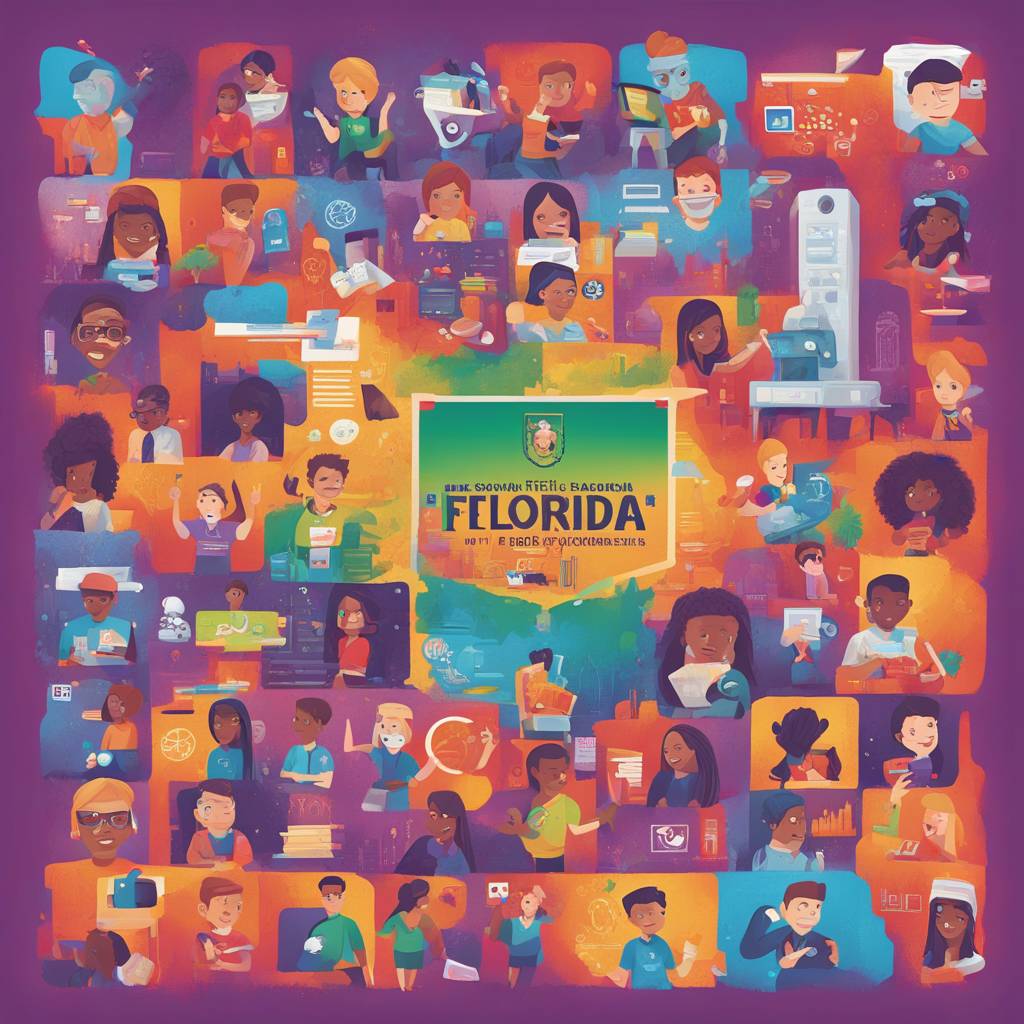Florida Gov. Ron DeSantis signed one of the country’s most restrictive social media bills into law, known as HB 3. The law bans children under the age of 14 from having social media accounts and requires parental consent for children aged 14 to 16. In addition to these restrictions, the law also mandates age verification for anyone wishing to visit pornographic websites. Governor DeSantis stated that social media can harm children in various ways and that HB 3 gives parents greater ability to protect their children. The law is set to go into effect on January 1, 2025, but is expected to face legal challenges related to First Amendment rights.
The tech industry group NetChoice, which represents companies such as Meta, Google, X, and TikTok, opposed the law and urged Gov. DeSantis to veto it. The group argued that the level of data collection required for compliance with the law could jeopardize the privacy of Floridians. NetChoice’s VP and general counsel, Carl Szabo, stated that there are better ways to ensure online safety and security without infringing on freedoms. The law in Florida is part of a larger trend of states debating or passing legislation to regulate young people’s access to social media, driven in part by concerns about the negative effects of platforms like Instagram on teenagers’ mental health.
Other states, including Arkansas, Louisiana, Ohio, and Utah, have introduced similar bills that are facing legal challenges related to privacy and free speech. California is also considering legislation aimed at protecting children from social media addiction. These efforts come amidst a broader global push to regulate the tech industry, with the European Union imposing fines on companies like Apple and Meta and enacting new rules for competition. In the U.S., concerns about social media’s impact on national security have led to discussions about potentially blocking platforms like TikTok due to fears of foreign government interference.
Governor DeSantis had previously vetoed a version of the law that would have completely banned children under 16 from holding certain social media accounts, stating that he wanted parents to be involved. The push for stricter regulations on social media reflects growing unease about the influence of these platforms on young people’s well-being and privacy. As discussions continue at the state and federal levels about how to address these concerns, it remains to be seen how the balance between protection and freedom on social media will be struck in the future.












